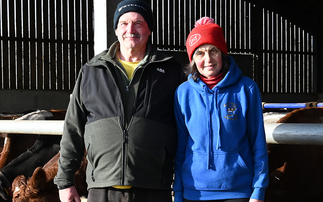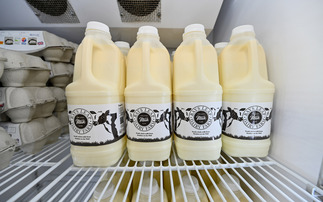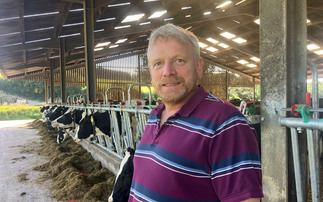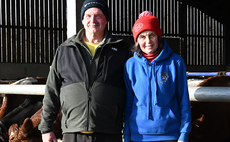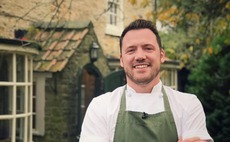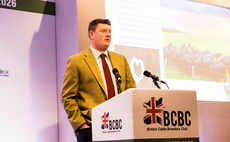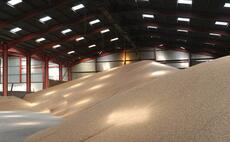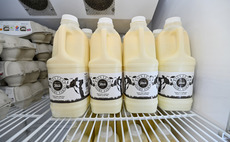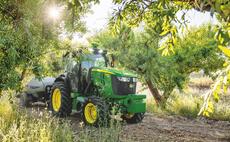
It is not often that milk gets the praise it deserves, but recently the conversation around dairy has changed for the better.
On March 13, there was a segment on prime-time TV show, ITV This Morning, where milk was at the forefront of the conversation, and the benefits of consuming whole milk were highlighted.
Oat milk also took a bashing after The Independent and Yahoo News UK reported on ‘The rise and fall of oat milk: Has the trendiest dairy alternative finally fallen."
In response, actress Drea Valls posted a tongue-in-cheek social media video that went viral titled ‘Cows milk when she sees you've quit oat.'
In a witty monologue she says: "Well, well, well, had enough of her spiking your glucose have you?
"Then you started using me in your cereal…not even gracing me with your cup of tea."
It prompted nutritionists to jump onto socials to say their piece too.
READ NOW: 5 reasons to drink milk this Februdairy
Jessie Inchauspe, the French biochemist known as the Glucose Goddess, told her millions of followers that oat milk can cause a glucose spike in the body, and has previously shared her thoughts on whole milk. In one post she showed the positive effect whole milk has on the body's glucose levels.
@glucosegoddess_ ♬ original sound - Jessie Inchauspe
At the end of 2023, The Grocer reported that leading plant-based manufacturer Alpro saw a 22 per cent drop in sales, stating that cash-strapped shoppers were choosing to leave alternatives on the shelf.
It is positive to see given the dairy industry has taken its fair share of flack over the years, although the sector has continually taken it upon themselves to champion UK producers, showcasing their high welfare standards and commitment to a more sustainable future.
But the fluctuation in attitudes towards dairy have changed significantly through the decades.
Turn the clock back 50 years and the population's diets were full of dairy. Milk was classed as a staple – even adverts promoted the consumption of it.
An advert from the 1950s led with the following: "You'll feel better if you drink more milk."
It went on to encourage people to choose milk as their choice of drink for the summer, and that you ‘never outgrow our need for milk, you know. It's the only food that, by itself, gives us every element vital for our health – protein, sugar, minerals and all important vitamins.'
READ NOW: Moss family making the most of opportunities on a council farm
Since the explosion of social media, health-obsessed foodies, from those who are registered nutritionists and dieticians to self-taught self-care advocates, have taken to platforms like Instagram to voice their opinions on what the world should or should not be eating.
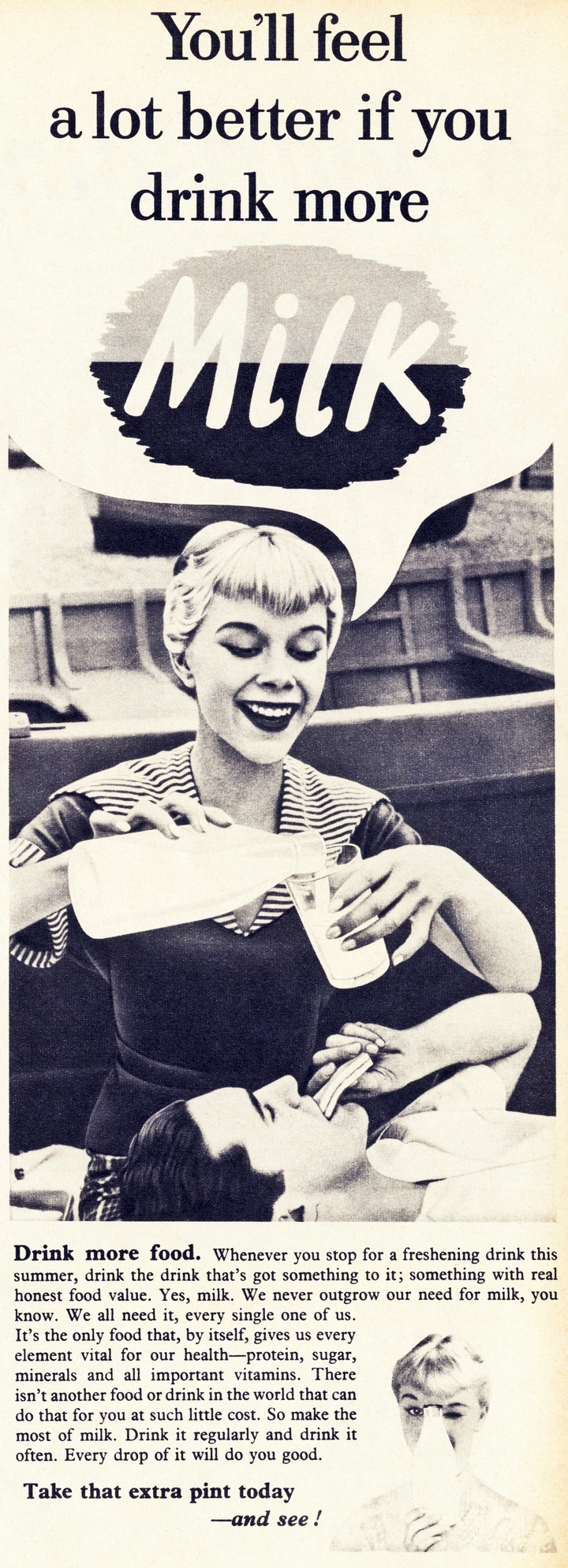
Raw milk
Veganism was at the height of its popularity a few years ago, but lately there is a new trend: Whole foods, specifically raw – and that includes milk.
The Milking Parlour in Sabden, Lancashire, set up as a raw milk producer in 2016 by the Gill family.
Since the pandemic in 2020, the family say the demand has grown significantly and they now have a ‘diverse range of customers travelling from much further afield.'
"A lot of our customers also want to talk to us to learn more about who we are, how we farm and the benefits of raw milk," says Nichola.
"I think the pandemic made people think about their lifestyle; they had a chance to get to know their local producers and had conversations about where their food comes from.
"Influencers have played a huge role in our milk sales – some who are our customers like [actress] Davinia Taylor, some are not our customers, like [footballer] Erling Haaland, who rave about the benefits of raw milk.
"We have so many customers who are upcoming footballers, runners, cyclists, boxers, and bodybuilders who are looking for a completely natural drink that is high in protein and natural healthy fats. We also have people who suffer with IBS or lactose intolerance who can drink our milk without any problems. People are beginning to look at their foods differently and question whether they are actually allergic to certain foods or just allergic to the way in which it has been processed."
Media, says Nichola, is also part of the problem. The constant stream of negativity coming from mainstream media headlines has caused consumers to believe false information, and TV documentaries only portray the ‘worst' examples.
She says: "We need to reconnect people with their food, with British farming, and with the way in which we are trying to work with nature, farm sustainably but also provide food for the nation.
"Raw milk has been given a bad reputation since the industrial revolution when dairy cattle were moved to the cities and animal health was not a concern. People got sick and then the processing of milk began. But as a raw milk producer we must undergo strict testing and inspections and ensure our animal health is spot on.
"We are confident in our product and extremely proud to sell it. Those who buy it know us and know our story and trust in our farming practices. The public just need to be given confidence in dairy farmers again.
"We are a small family run farm with a closed herd of around 50 Friesians. We sell raw milk through self-service vending machines, alongside raw milk milkshakes, local cheeses, eggs and butter. We also have a closed flock of 300 Swaledale and mule sheep and a small, closed herd of beef cattle.
"We try to farm sustainably and are always looking to better improve the way in which we farm with nature, including the restoration of traditional hay meadows, creation of new hedge lines, maintenance of drystone wall boundaries and creation of habitats for nesting wading birds."
Organic
Sophie Gregory, an organic Arla dairy farmer from Dorset, has over 13,000 followers on Instagram and uses her platform to spread her passion for dairy.
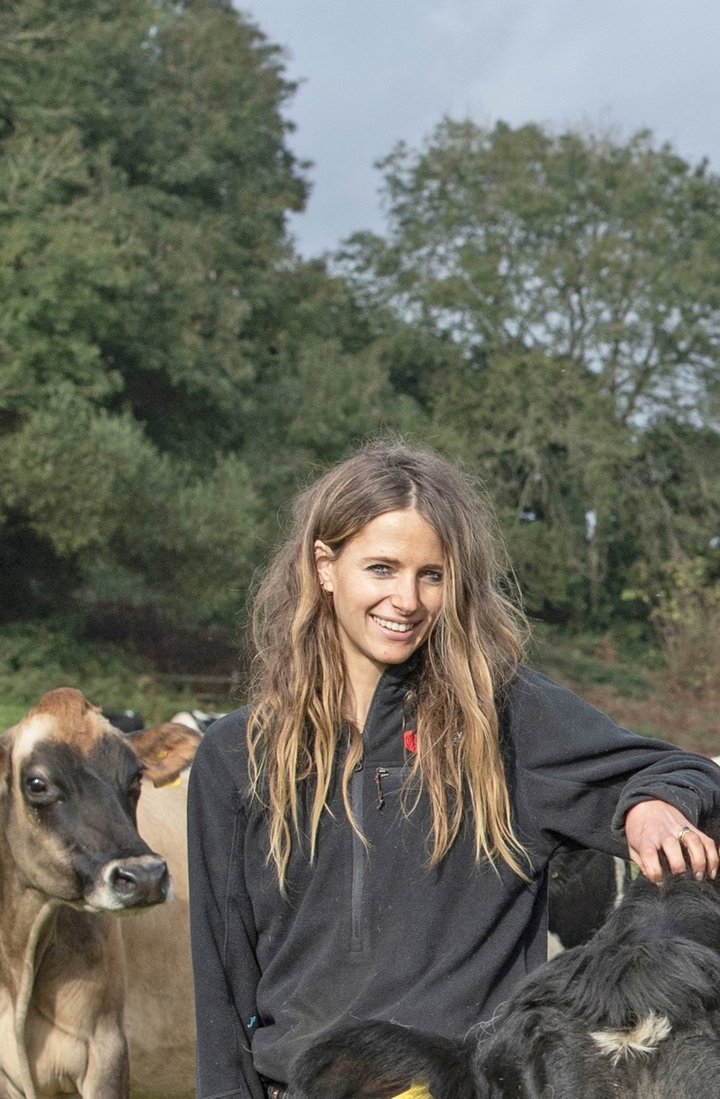
She has recently done an A – Z all about milk, and is currently embarking on a Nuffield Scholarship, looking into how the UK can really drive the organic market forwards.
The key is, though, getting the messaging right to the consumer.
"I think we need to move with the times to promote milk. The future consumer is now using social media for their eating habits. We cannot forget about milk in schools and getting them to understand where it comes from and the benefits it can have to them throughout their life.
"Attitudes towards dairy products do fluctuate due to various factors such as health trends, environmental concerns, animal welfare issues and lactose intolerance awareness, but dairy remains a staple in many diets.
"The industry is also adapting to meet changing consumer demands and we need to keep up with those trends.
"Milk is a super food, and we need to shout about this and bring everyone with us."
Despite the sometimes-deafening noise that surrounds the dairy industry, dairy is still a well-loved favourite.
Grace Randall, AHDB's retail insight manager, says: "The nation's love for dairy is evident, with 99.6 per cent of British households purchasing dairy products in 2023 (NIQ Homescan). Within dairy, taste and versatility hold real appeal, whether it is milk, yoghurts or cheese, and feature in multiple meals and beverages for many people throughout the day.
"Consumers also understand the key health benefits of dairy products and value the sustainability of UK dairy production. 88 per cent agree dairy is a good source of calcium and 79 per cent believe dairy is an important part of a healthy and balanced diet (AHDB/YouGov November 2023).
"In 2024, we expect nearly all dairy categories to see volume growth, as the cost-of-living crisis hopefully eases, and health-conscious consumers benefit the sales of products like yoghurts."








